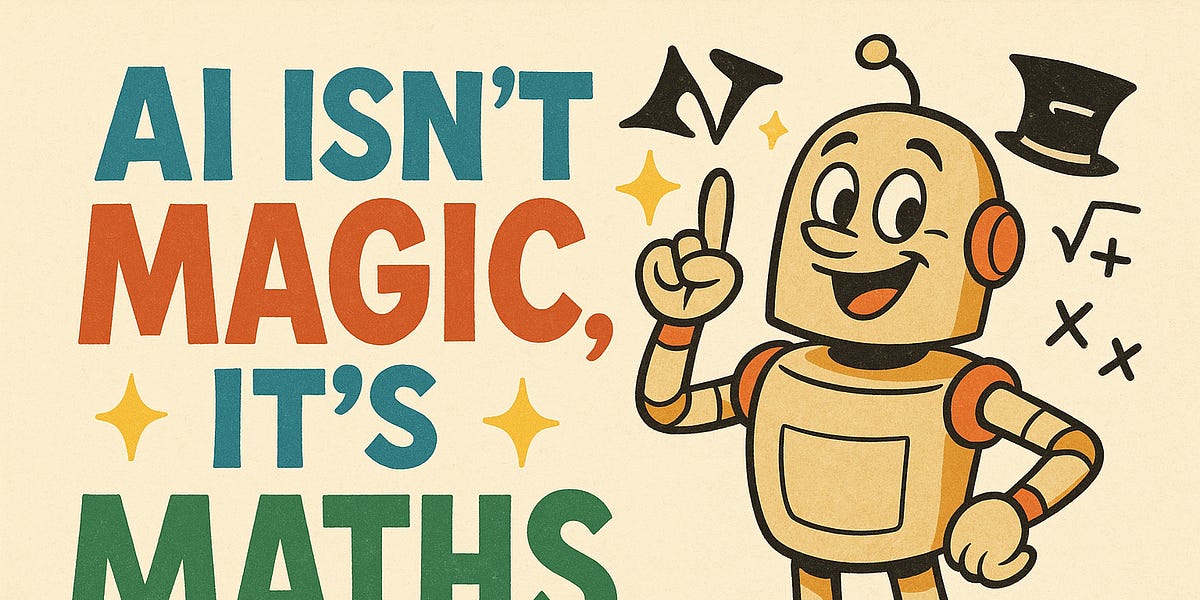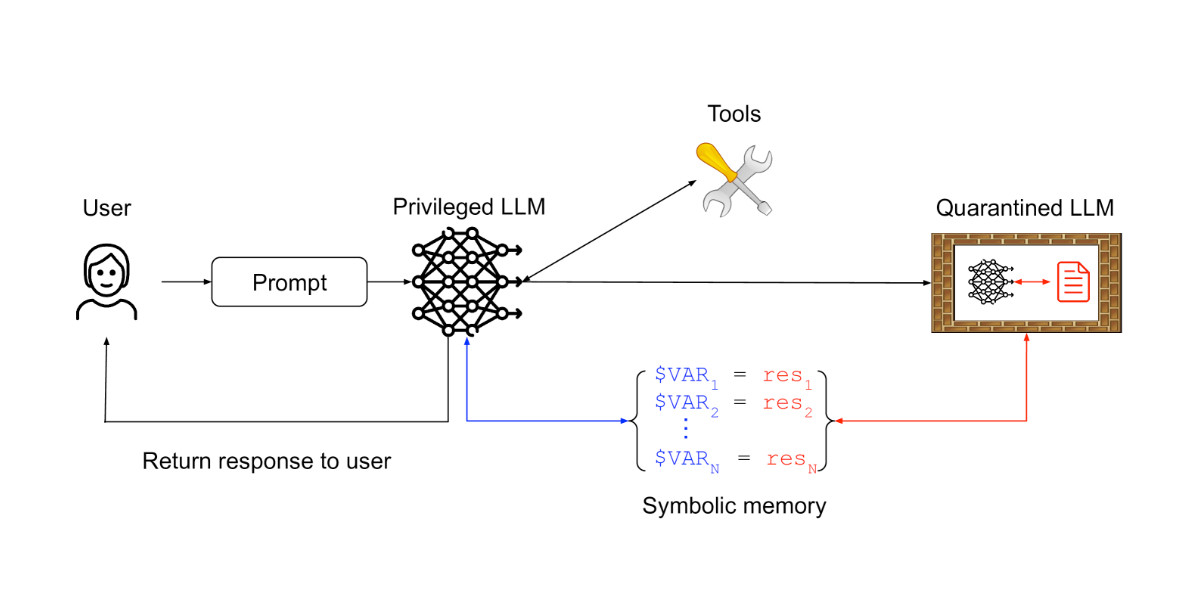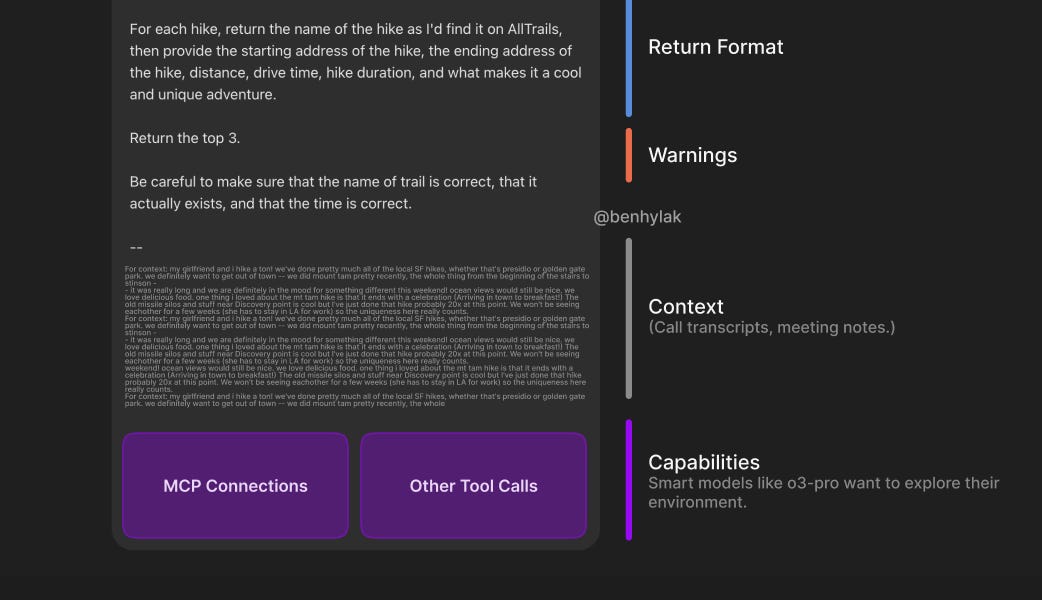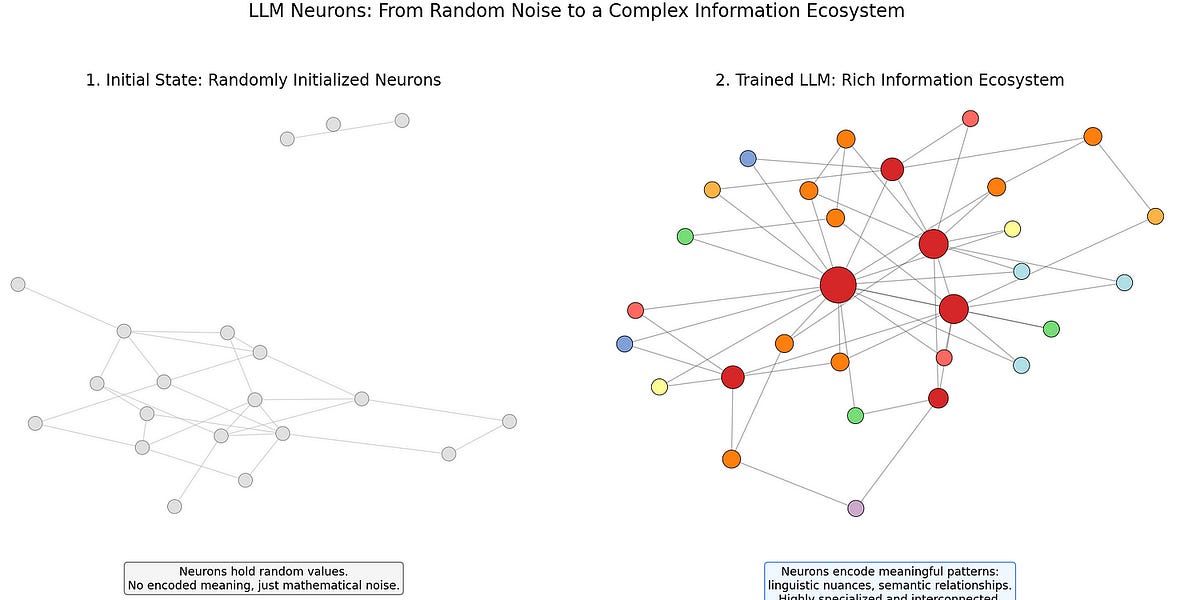Text-to-LoRA: Instant Transformer Adaptation
Text-to-LoRA (T2L) is a novel model adaptation technique allowing users to quickly generate task-specific LoRA models from simple text descriptions. The project provides detailed installation and usage instructions, including a Hugging Face-based web UI and command-line interface. Users need at least 16GB GPU to run demos and download pre-trained checkpoints. T2L supports various base models like Mistral, Llama, and Gemma, demonstrating superior performance through multiple benchmark tests. The project also includes scripts for evaluating generated LoRAs and a watcher for asynchronous evaluation.




















